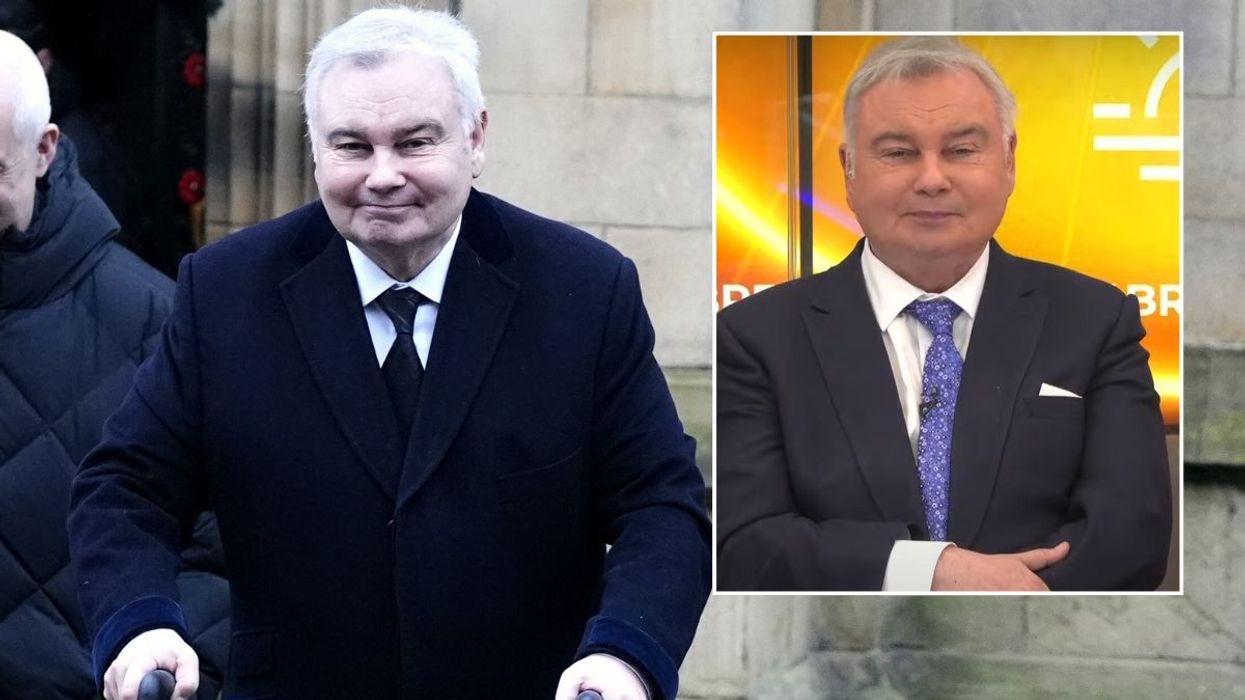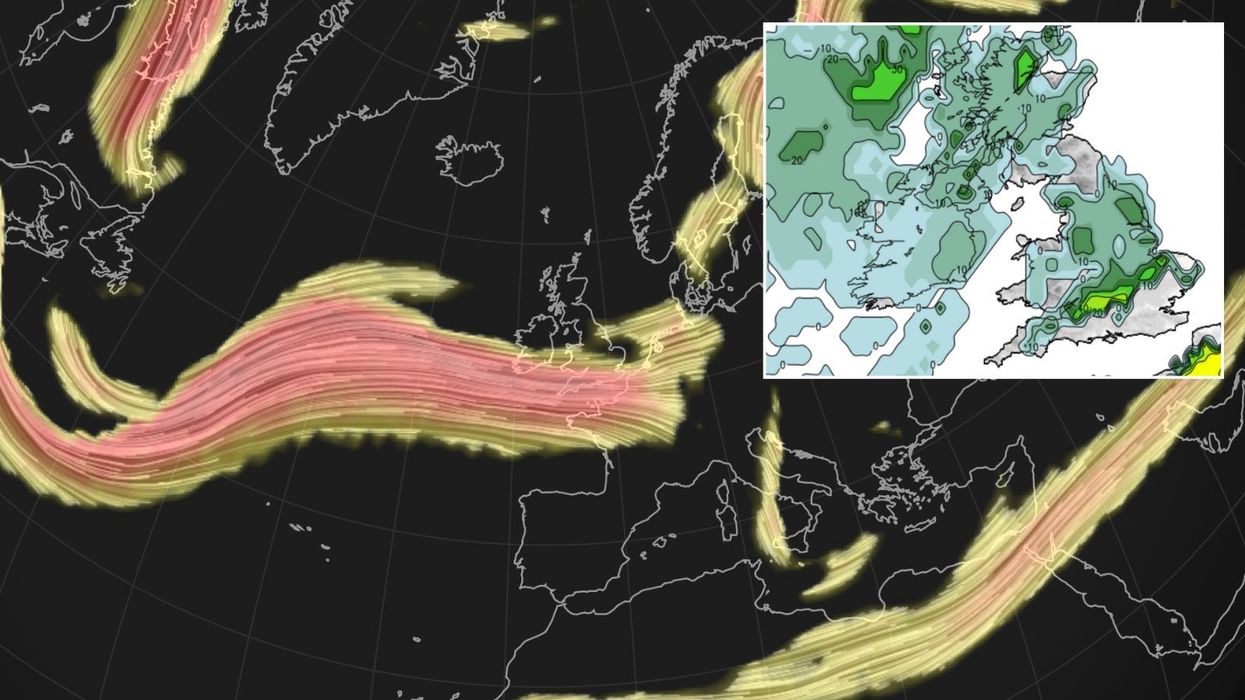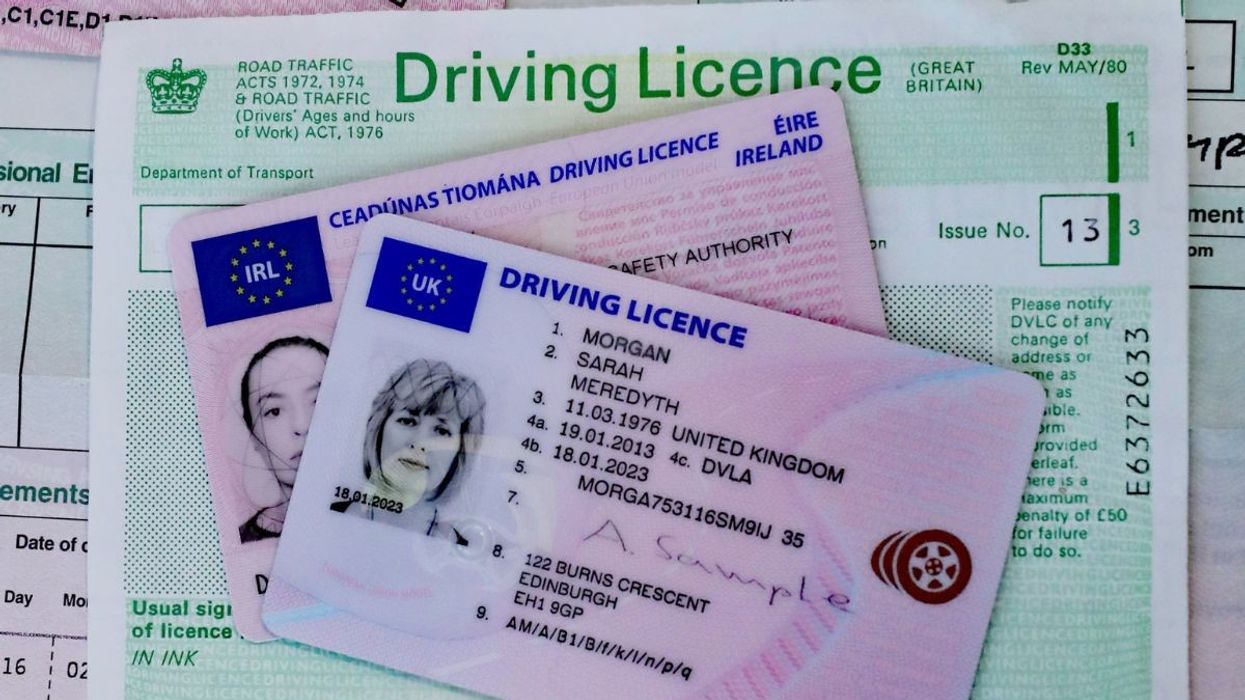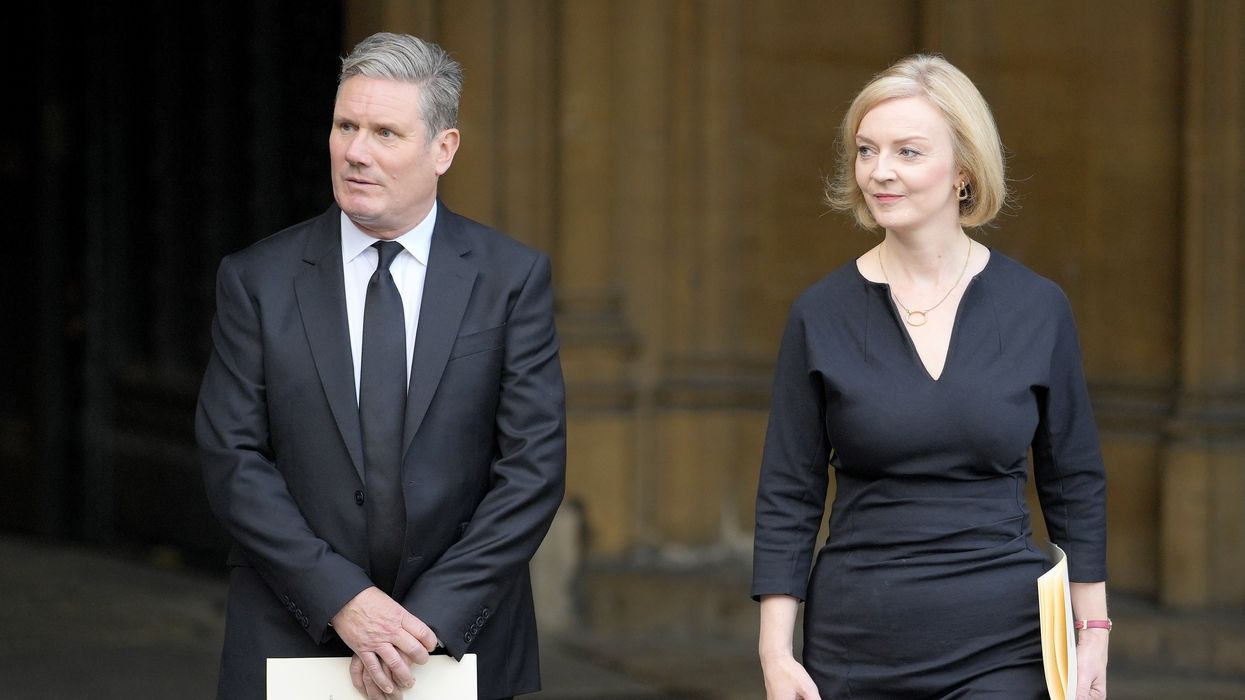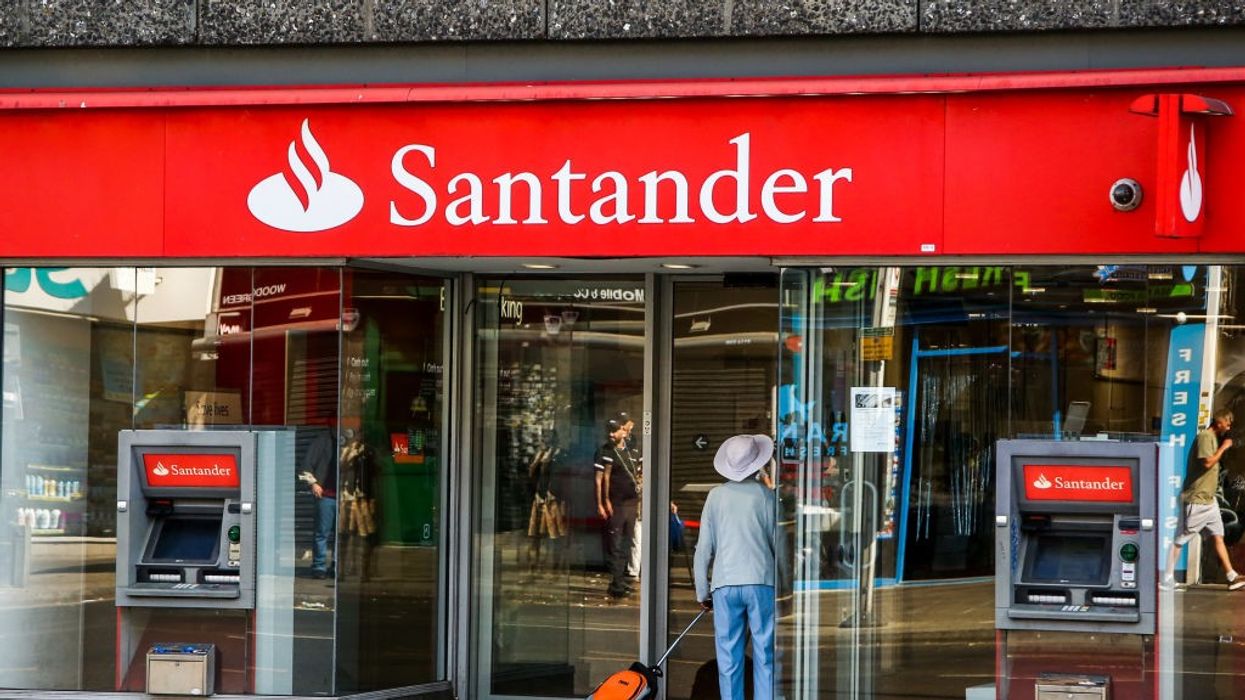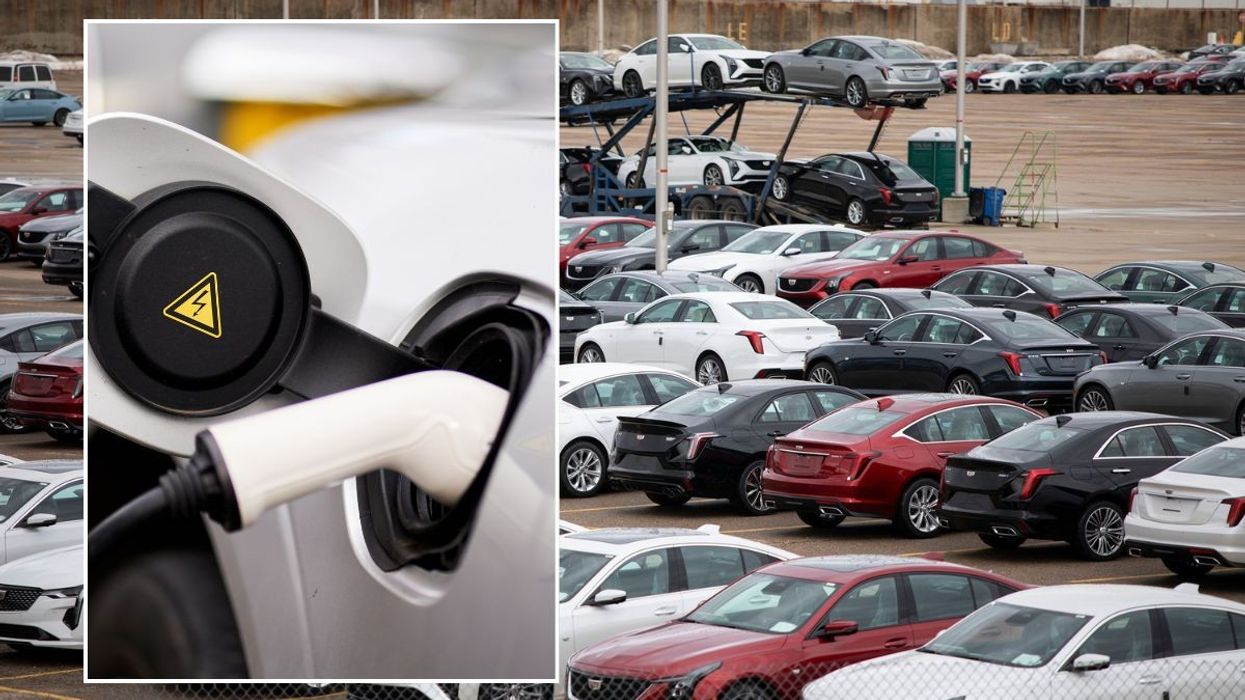Experts are predicting a 50% increase to bills in April, meaning an average household will pay around £700 more per year.
Don't Miss
Most Read
Latest
Ministers should help ease the cost of living crisis by shifting an environmental levy away from electricity bills and onto the Treasury, a green Tory group has urged.
The Conservative Environment Network (CEN), which is backed by 116 Tory MPs, argued that the temporary measure could provide some relief amid surging energy bills.
The Government is under increasing pressure to act, with experts predicting a 50% hike to bills in April, meaning an average household paying around £700 more per year.
Prime Minister Boris Johnson has dismissed calls to scrap VAT from household energy bills, and his Cabinet is split over whether to stop a National Insurance hike.
CEN director Sam Hall suggested one option to help ease the pain would be to temporarily shift environmental charges away from bills and onto the Treasury.
“One of the most attractive options would be to take some of the social and green policies off electricity bills and fund them from the Exchequer itself, at least in the short term,” he said.
“We could deliver that immediate cut to bills and at the same time redress the imbalance between electricity and gas.
“Given the amount bills are expected to go up in April it is worth stressing that removing some of the policies off bills would not be enough to unwind the entire rise.”
He stressed that the funding is underpinned by legally binding contracts so there can be no overall reduction in the green subsidy.
The energy price cap currently keeping bills down will be reviewed next month.
Experts believe soaring wholesale costs will mean a 50% rise in April when the change comes into effect.
That would cause an average household on a supplier’s default tariff to pay nearly £2,000 per year for their gas and electricity, compared with less than £1,300 today.








